Our Services
Invisible Steel Counseling is specialized in anti-oppressive trauma therapy. Whether you are unpacking and processing traumatic experiences or navigating familial and cultural expectations, we will attend to what is coming up in the therapy room with care.
-
Individuals aged 18+
Trauma therapy involves 50-minute or 80-minute one-on-one sessions. As a trauma therapist, I bring in somatic and experiential modalities to promote embodied healing.
Information about my fees linked here.
-
Individuals aged 18+
Individual therapy involves personalized, one-on-one 50-minute sessions. Whether you are navigating a life transition or simply need a space to process the week, I do my best to ensure that our work together is tailored to meet your needs.
Information about my fees linked here.
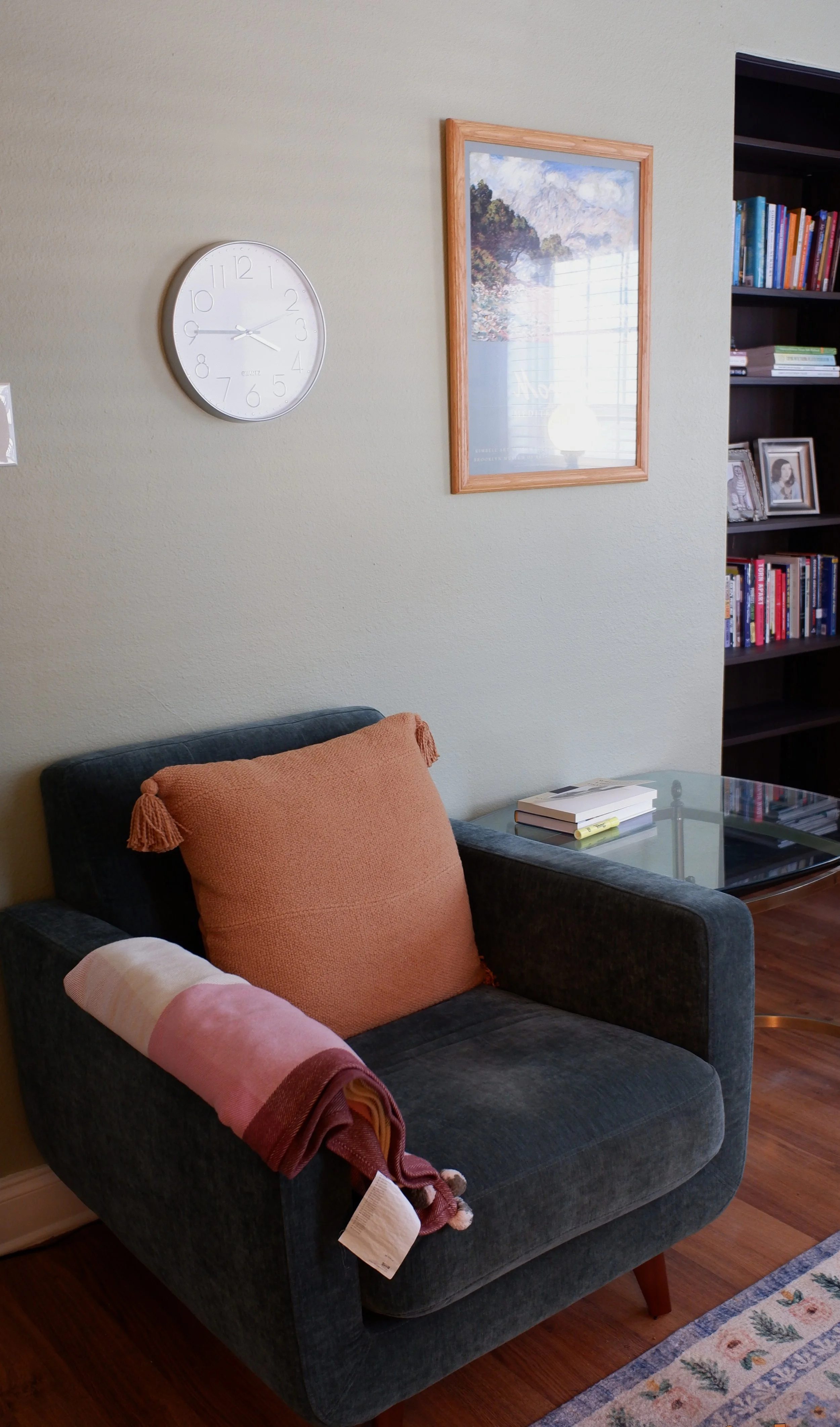
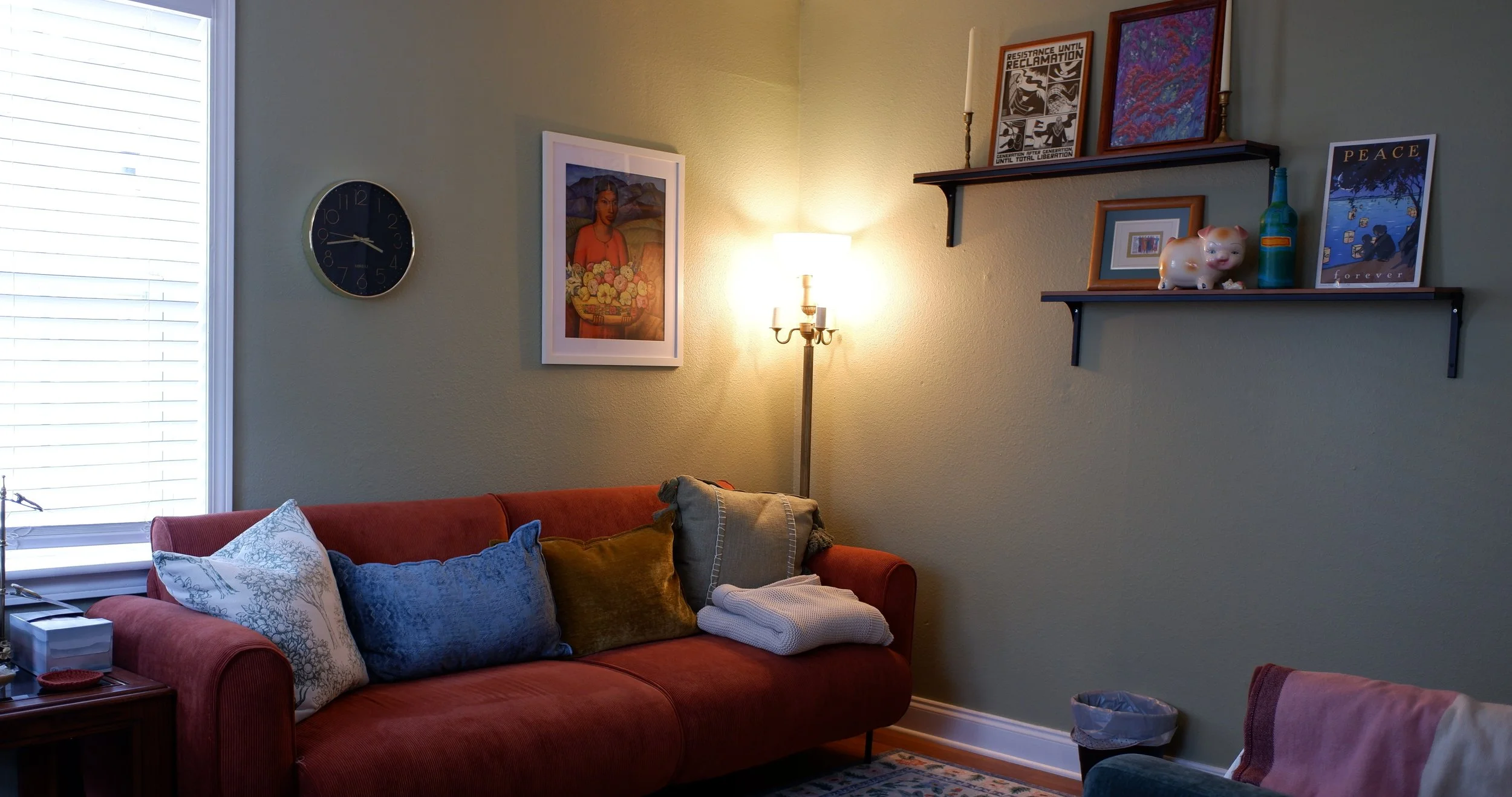
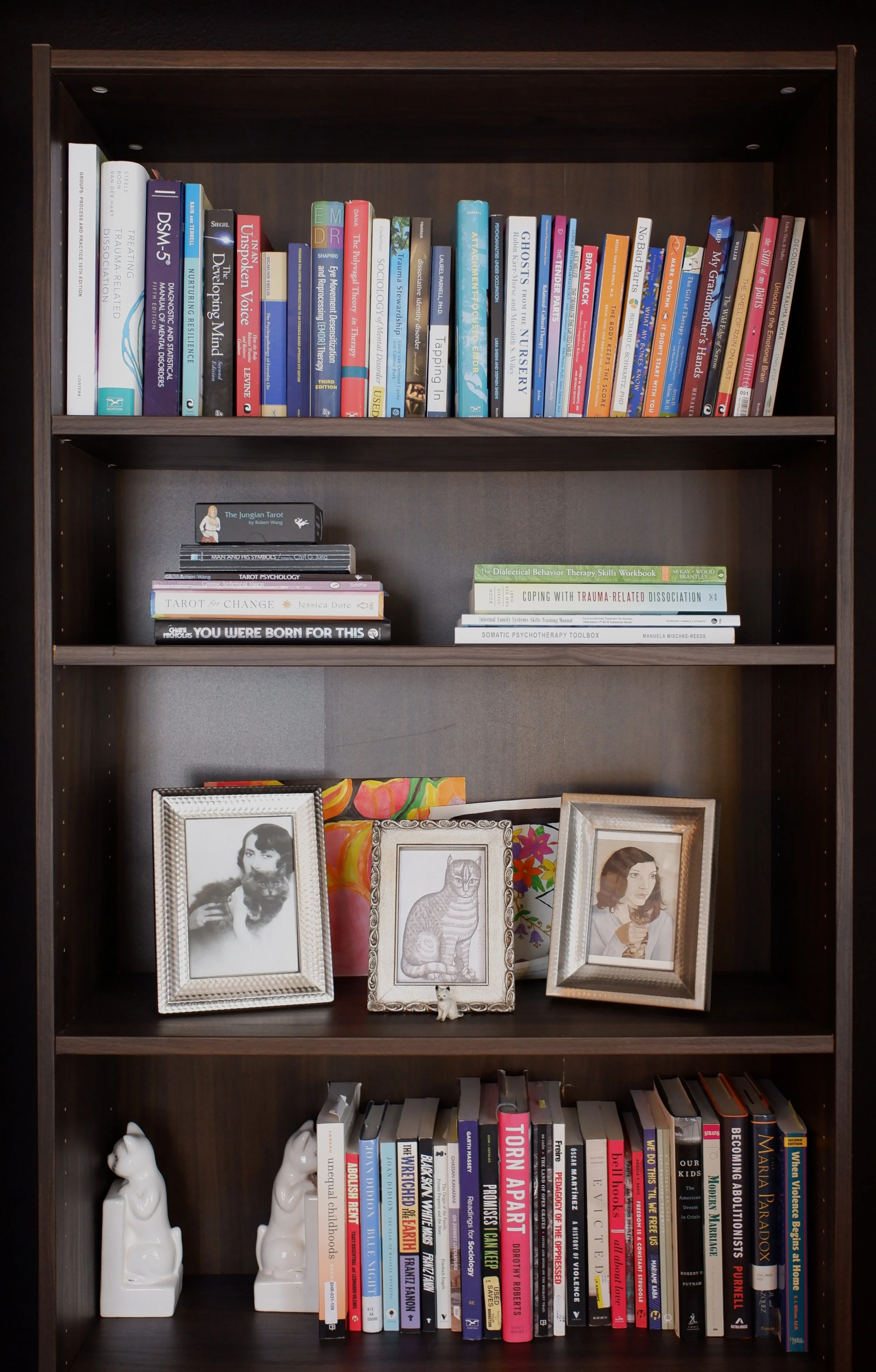
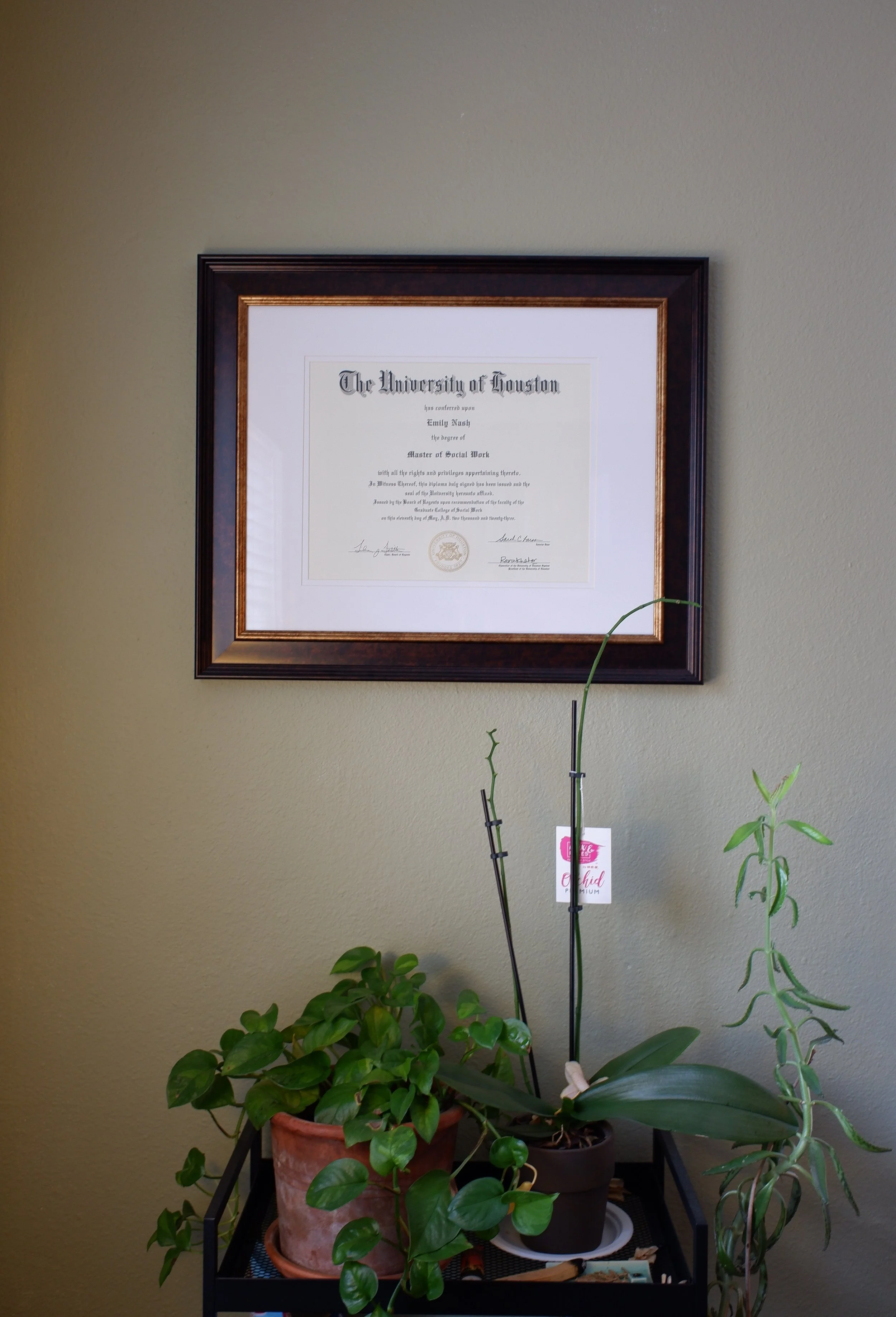
How We Work
The therapy room with me can be a political space to explore and honor every authentic part of yourself and your lived experiences. My approach has been described as direct, action-oriented, and warm. I am known to meet clients exactly where they are at without judgment. I do my best to work against the hierarchical structure of therapy, and always emphasize the importance of your safety, trust, and expertise of your own life.
I specialize in working with adults who have C-PTSD/ complex trauma, and support folks who struggle with symptoms of anxiety, OCD, and dissociation. Traumatic experiences include child abuse and neglect, attachment trauma, dysfunctional families, and other Adverse Childhood Experiences (ACEs). I utilize a bottom-up approach to therapy to address C-PTSD, meaning that I take an emotionally-focused, somatic, and embodied approach to healing your trauma. I like to combine talk therapy with experiential and somatic modalities, such as IFS, EMDR, and IPNB.
As a relational therapist, I believe that the relationship between the therapist and the client is the strongest tool that can be utilized in therapy. When you’ve experienced trauma, you may find it difficult to connect with others, even your loved ones. You may feel disconnected from the world and yourself. Although we exist in an individualistic society that promotes self-reliance, we are wired to connect with others. Because we heal in community, I deeply value interdependence. As your therapist, I use curiosity, appropriate self-disclosure, empathy and humor to develop a safe therapeutic relationship with you so that you may take the skills we use in therapy to your relationships outside of therapy.
Whether you’ve sought therapy before or this is your first-time seeking therapy, know that I’m so glad you’re here. The therapy room is a sacred space where I create a container for hurt and pain while also celebrating life’s joys and wins. Healing is an ongoing practice and while I don’t pretend to have all the answers, I am committed to your healing process. It would be such an honor to be a part of your journey!
Passion Populations
-

Women & Non-men of Color
Maybe you’ve been described as “extremely self-aware” and “put together” yet, deep down you struggle with intellectualizing your feelings, perfectionism, people-pleasing, overachievement, shame, and low self worth. Together, we can get to the root of these issues, which are commonly dysfunctional families, intergenerational trauma and surviving systemic oppression as a marginalized person.
-

Parentified Children
Whether you were the eldest daughter of overwhelmed caregivers, the only child of tempermental parents, or you are deemed the “strong one” of your family, you may be the holder of burdens. Parentified children often grow up to struggle with hyper-independence and releasing control, which can create symptoms of anxiety, OCD, and even dissociation. This work is deeply meaningful to me as an only child myself.
-

Intersecting Identities
Oppressive societal norms and expectations often stifle our ability to explore who really are and who we want to be. Maybe you’re exploring your queerness later in life while also connecting with your cultural roots for the first time. Whatever intersecting identities you hold, this is a nonjudgemental space to explore what makes you you.
-
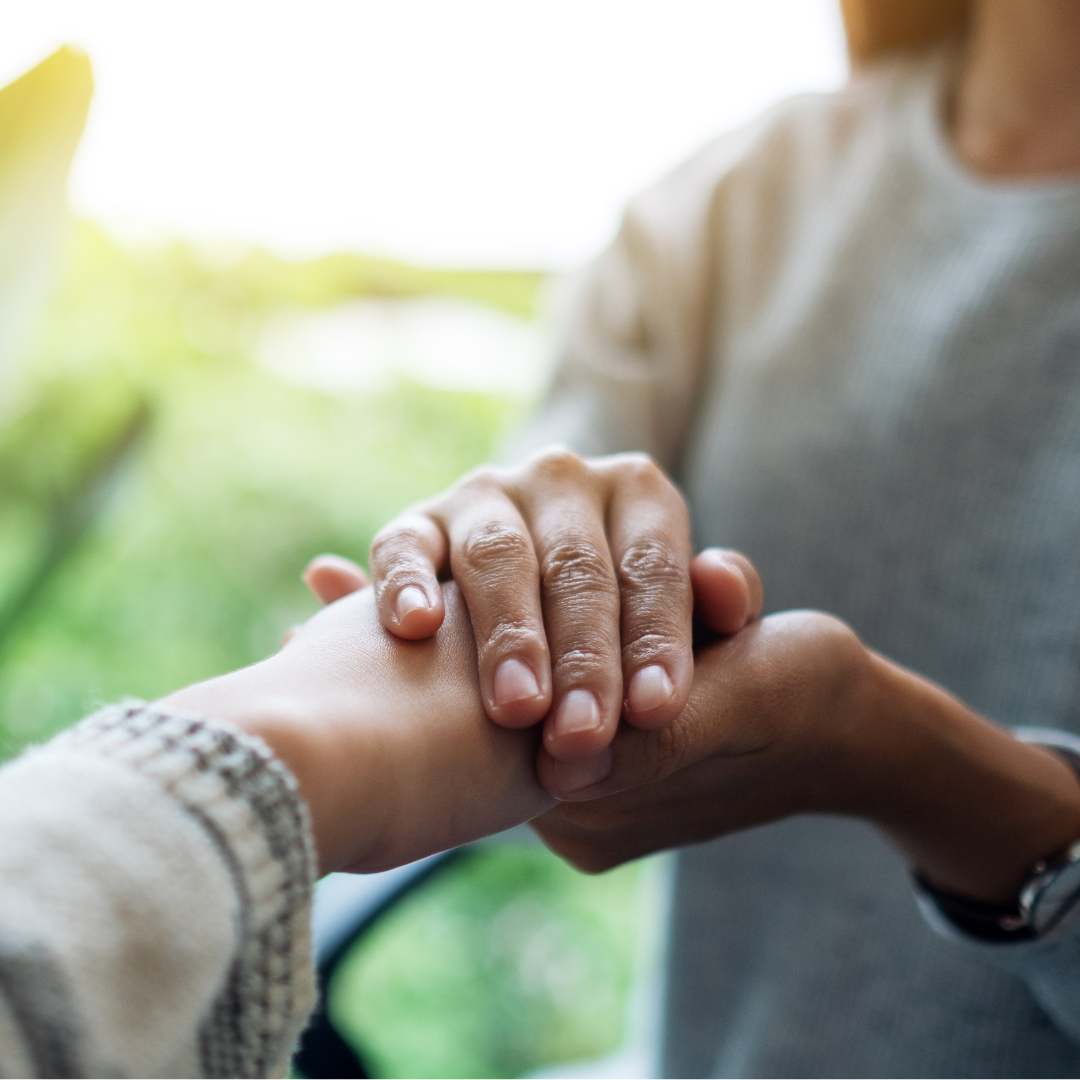
Healers & Organizers
There is a special place in my heart for fellow healers and organizers! Perhaps you are a therapist yourself holding the weight of your clients’ grief and anxieties. Or perhaps you are a political organizer and activist risking it all to achieve collective liberation in our lifetime. You deserve to be held with compassion, tenderness, and care.
Modalities & Theories
Some of these theories and modalities I bring into every session, others inform my work.
-
Focuses on the acceptance of our thoughts, feelings, and the things we cannot control, and a commitment to living a values-aligned life. This modality is especially effective for OCD.
-
Emphasizes the importance of attachment figures in early development/ childhood, and can help us make sense of our relationship patterns later in life.
-
Follows a specific protocol and enables reprocessing of traumatic memories utilizing bilateral stimulation. This modality works to alleviate the symptoms of PTSD.
-
Influenced by feminist theory. This is a modality based on the belief that societal oppression plays a significant role in our traumas and mental health issues (in particular for women and non-men of color), and works against hierarchical power dynamics in the therapy room.
-
Perceives each person as a system of multiple sub-personalities, or parts, led by a core Self. Some of our parts work to protect our wounded inner child-like parts. This is a non-pathologizing modality used to address trauma.
-
A framework drawing from neuroscience, attachment theory, and systems theory, connecting our minds and brains to our interpersonal relationships.
-
Influenced by liberation theology and critical social theory. This modality moves away from individual pathology and makes way for confronting the traumas created by systemic oppression. This allows for movement towards collective liberation as a means of wellness.
-
Explains the inner workings of the autonomic nervous system (ANS) and the role it plays in helping us regulate our bodies and emotions. This theory emphasizes the importance of co-regulation and connection.
-
Allows us to uncover unconscious thoughts, beliefs, desires, and memories to understand current symptoms, issues, and behaviors. Focused on the past to make sense of the present.
-
Based on relational-cultural theory and influenced by feminist theory, this modality examines and emphasizes the importance of relationships and authentic connection for our wellbeing.


